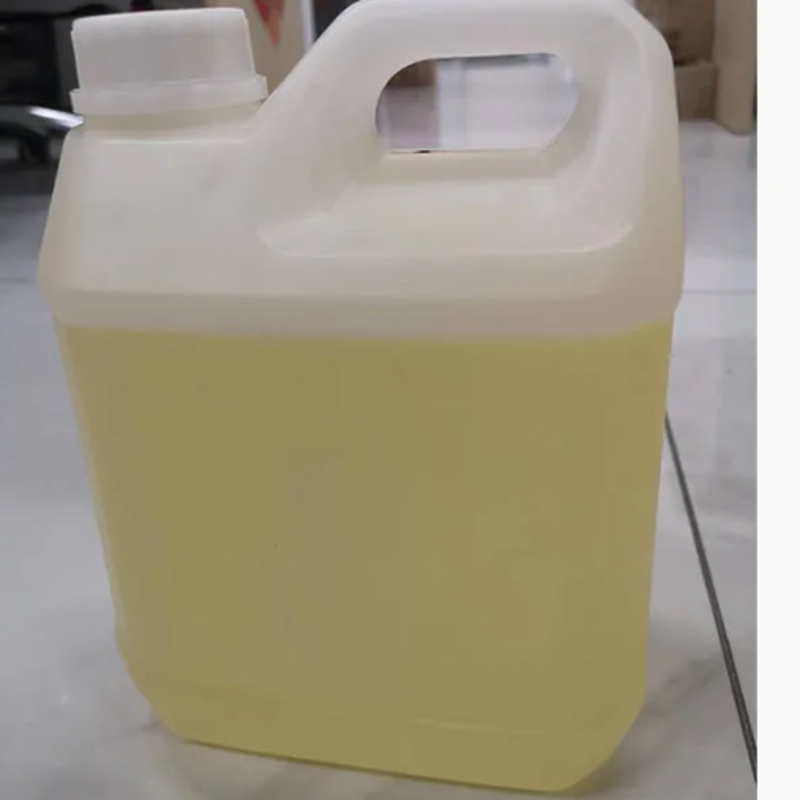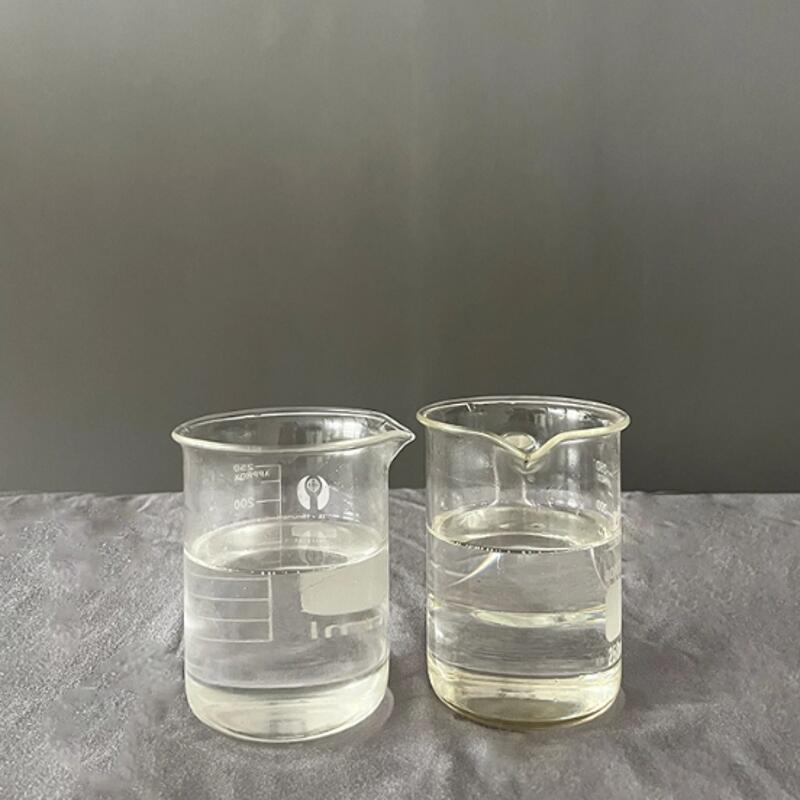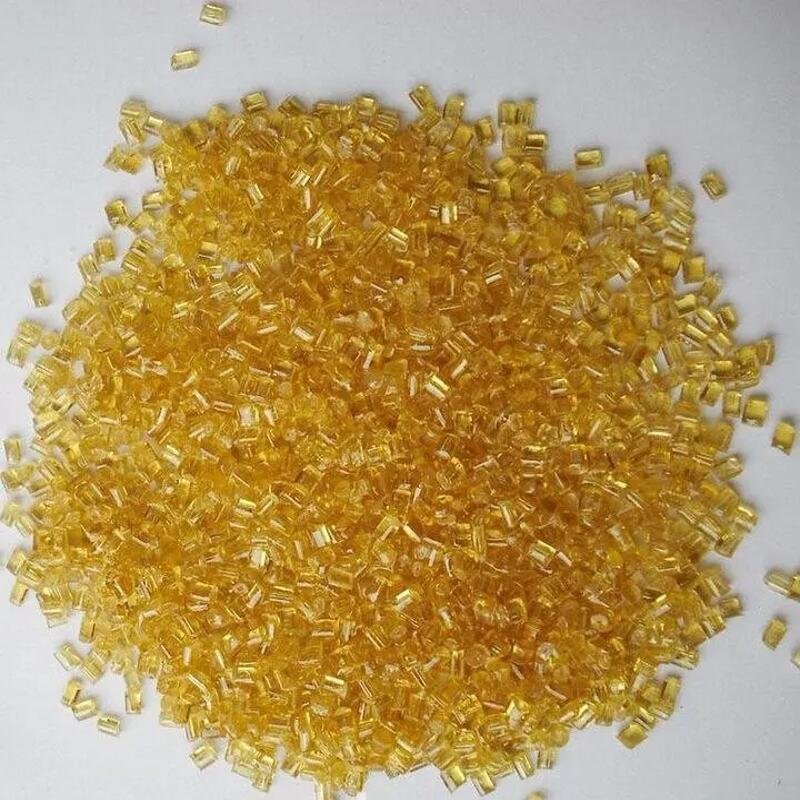-
Categories
-
Pharmaceutical Intermediates
-
Active Pharmaceutical Ingredients
-
Food Additives
- Industrial Coatings
- Agrochemicals
- Dyes and Pigments
- Surfactant
- Flavors and Fragrances
- Chemical Reagents
- Catalyst and Auxiliary
- Natural Products
- Inorganic Chemistry
-
Organic Chemistry
-
Biochemical Engineering
- Analytical Chemistry
-
Cosmetic Ingredient
- Water Treatment Chemical
-
Pharmaceutical Intermediates
Promotion
ECHEMI Mall
Wholesale
Weekly Price
Exhibition
News
-
Trade Service
In April, GlaxoSmithKline Consumer Healthcare (GSK) announced a commitment to reduce plastic usage by 20% on the more than 80 million Advil bottles produced annually, which will reduce the use of plastic in the environment by approximately 500,000 pounds
.
Advil is actually our common ibuprofen pain reliever, which is a safe and effective over-the-counter (OTC) drug
.
The company reports that a new barrier technology will be used, a change that will allow Advil bottles to use less HDPE material while maintaining all of the bottle's key performance characteristics
.
This is the first OTC pharmaceutical sustainable plastic technology solution, thanks to GSK's cooperation with Dow and Milliken in materials, and cooperation with Alltrista Plastics in manufacturing
.
Alltrista blow molds the bottle by compression, continuously squeezing the plastic, cutting it into "clumps" and transferring the clumps into a compression cavity, pressing into preformed forms and stretching into the finished bottle
.
In April, GlaxoSmithKline Consumer Healthcare (GSK) announced a commitment to reduce plastic usage by 20% on the more than 80 million Advil bottles produced annually, which will reduce the use of plastic in the environment by approximately 500,000 pounds
.
Advil is actually our common ibuprofen pain reliever, which is a safe and effective over-the-counter (OTC) drug
.
The company reports that a new barrier technology will be used, a change that will allow Advil bottles to use less HDPE material while maintaining all of the bottle's key performance characteristics
.
This is the first OTC pharmaceutical sustainable plastic technology solution, thanks to GSK's cooperation with Dow and Milliken in materials, and cooperation with Alltrista Plastics in manufacturing
.
Alltrista blow molds the bottle by compression, continuously squeezing the plastic, cutting it into "clumps" and transferring the clumps into a compression cavity, pressing into preformed forms and stretching into the finished bottle
.
In April, GlaxoSmithKline Consumer Healthcare (GSK) announced a commitment to reduce plastic usage by 20% on the more than 80 million Advil bottles produced annually, which will reduce the use of plastic in the environment by approximately 500,000 pounds
.
Advil is actually our common ibuprofen pain reliever, which is a safe and effective over-the-counter (OTC) drug
.
The company reports that a new barrier technology will be used, a change that will allow Advil bottles to use less HDPE material while maintaining all of the bottle's key performance characteristics
.
In April, GlaxoSmithKline Consumer Healthcare (GSK) announced a commitment to reduce plastic usage by 20% on the more than 80 million Advil bottles produced annually, which will reduce the use of plastic in the environment by approximately 500,000 pounds
.
Advil is actually our common ibuprofen pain reliever, which is a safe and effective over-the-counter (OTC) drug
.
The company reports that a new barrier technology will be used, a change that will allow Advil bottles to use less HDPE material while maintaining all of the bottle's key performance characteristics
.
In April, GlaxoSmithKline Consumer Healthcare (GSK) announced a commitment to reduce plastic usage by 20% on the more than 80 million Advil bottles produced annually, which will reduce the use of plastic in the environment by approximately 500,000 pounds
.
Advil is actually our common ibuprofen pain reliever, which is a safe and effective over-the-counter (OTC) drug
.
The company reports that a new barrier technology will be used, a change that will allow Advil bottles to use less HDPE material while maintaining all of the bottle's key performance characteristics
.
In April, GlaxoSmithKline Consumer Healthcare (GSK) announced a commitment to reduce plastic usage by 20% on the more than 80 million Advil bottles produced annually, which will reduce the use of plastic in the environment by approximately 500,000 pounds
.
Advil is actually our common ibuprofen pain reliever, which is a safe and effective over-the-counter (OTC) drug
.
The company reports that a new barrier technology will be used, a change that will allow Advil bottles to use less HDPE material while maintaining all of the bottle's key performance characteristics
.
This is the first OTC pharmaceutical sustainable plastic technology solution, thanks to GSK's cooperation with Dow and Milliken in materials, and cooperation with Alltrista Plastics in manufacturing
.
Alltrista blow molds the bottle by compression, continuously squeezing the plastic, cutting it into "clumps" and transferring the clumps into a compression cavity, pressing into preformed forms and stretching into the finished bottle
.
Effective barrier to ensure safety
Milliken's UltraGuard™ polyethylene solutions control crystallization and bring value to polyethylene parts by improving the resin's barrier properties 20-60% reduction in the transmission rate of substances (e.
g.
moisture, O2, CO2, grease, VOCs, solvents)
.
This is especially valuable for barrier enhancement of HDPE vials, as it helps maintain drug effectiveness until the end of the shelf life
.
Lighter bottle with larger capacity
To meet barrier requirements, UltraGuard™ solutions can also thin the walls of the vial
.
PE resins formulated with UltraGuard™ allow manufacturers to reduce the weight of these bottles by up to 20% without changing their capacity
.
As a result, these lighter weight bottles use significantly less material and reduce their overall environmental impact
.
.
Research is currently underway on how to use this resin technology elsewhere
.
"A lot of development has gone into it, and it's a really great technology given three benefits: less plastic, the same barrier properties, and no impact on recyclability," she said
.
"So we're looking at other places where this plastic can be used, as well as seeking other ways to reduce or remove it
.
"
Effective barrier to ensure safety
Effective barrier to ensure safety
Effective barrier to ensure safety
Effective barrier to ensure safety
Effective barrier to ensure safety
Effective barrier to ensure safety
Effective barrier to ensure safety
Effective barrier to ensure safetyMilliken's UltraGuard™ polyethylene solutions control crystallization and bring value to polyethylene parts by improving the resin's barrier properties 20-60% reduction in the transmission rate of substances (e.
g.
moisture, O2, CO2, grease, VOCs, solvents)
.
This is especially valuable for barrier enhancement of HDPE vials, as it helps maintain drug effectiveness until the end of the shelf life
.
Lighter bottle with larger capacity
To meet barrier requirements, UltraGuard™ solutions can also thin the walls of the vial
.
PE resins formulated with UltraGuard™ allow manufacturers to reduce the weight of these bottles by up to 20% without changing their capacity
.
As a result, these lighter weight bottles use significantly less material and reduce their overall environmental impact
.
Milliken's UltraGuard™ polyethylene solutions control crystallization and bring value to polyethylene parts by improving the resin's barrier properties 20-60% reduction in the transmission rate of substances (e.
g.
moisture, O2, CO2, grease, VOCs, solvents)
.
This is especially valuable for barrier enhancement of HDPE vials, as it helps maintain drug effectiveness until the end of the shelf life
.
Lighter bottle with larger capacity
To meet barrier requirements, UltraGuard™ solutions can also thin the walls of the vial
.
PE resins formulated with UltraGuard™ allow manufacturers to reduce the weight of these bottles by up to 20% without changing their capacity
.
As a result, these lighter weight bottles use significantly less material and reduce their overall environmental impact
.
Milliken's UltraGuard™ polyethylene solutions control crystallization and bring value to polyethylene parts by improving the resin's barrier properties 20-60% reduction in the transmission rate of substances (e.
g.
moisture, O2, CO2, grease, VOCs, solvents)
.
This is especially valuable for barrier enhancement of HDPE vials, as it helps maintain drug effectiveness until the end of the shelf life
.
Lighter bottle with larger capacity
Lighter bottle with larger capacityTo meet barrier requirements, UltraGuard™ solutions can also thin the walls of the vial
.
PE resins formulated with UltraGuard™ allow manufacturers to reduce the weight of these bottles by up to 20% without changing their capacity
.
As a result, these lighter weight bottles use significantly less material and reduce their overall environmental impact
.
.
PE resins formulated with UltraGuard™ allow manufacturers to reduce the weight of these bottles by up to 20% without changing their capacity
.
As a result, these lighter weight bottles use significantly less material and reduce their overall environmental impact
.
.
Research is currently underway on how to use this resin technology elsewhere
.
"A lot of development has gone into it, and it's a really great technology given three benefits: less plastic, the same barrier properties, and no impact on recyclability," she said
.
"So we're looking at other places where this plastic can be used, as well as seeking other ways to reduce or remove it
.
"
.
Research is currently underway on how to use this resin technology elsewhere
.
"A lot of development has gone into it, and it's a really great technology given three benefits: less plastic, the same barrier properties, and no impact on recyclability," she said
.
"So we're looking at other places where this plastic can be used, as well as seeking other ways to reduce or remove it
.
"
.
Research is currently underway on how to use this resin technology elsewhere
.
"A lot of development has gone into it, and it's a really great technology given three benefits: less plastic, the same barrier properties, and no impact on recyclability," she said
.
"So we're looking at other places where this plastic can be used, as well as seeking other ways to reduce or remove it
.
"







